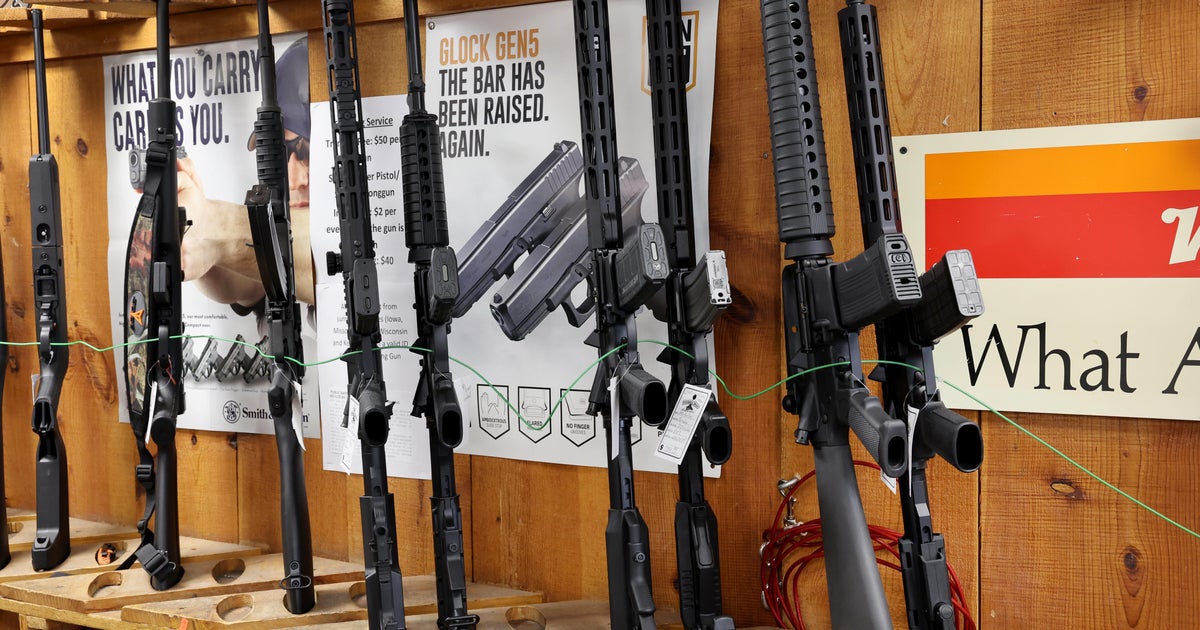TALLAHASSEE – Nearly seven years after the law passed, the National Rifle Association contends that a new court ruling bolsters its constitutional challenge to a Florida measure that bars people under age 21 from buying rifles and shotguns.
The NRA on Monday filed a document at the 11th U.S. Circuit Court of Appeals that cited a ruling last week by another federal appeals court in a Louisiana case. That ruling by a panel of the 5th U.S. Circuit Court of Appeals said a decades-old federal ban on selling handguns to people under 21 violates the Second Amendment.
Both cases have played out as the U.S. Supreme Court in recent years has issued closely watched decisions that said gun laws need to be consistent with the nation’s “historical tradition” of gun regulation. A key question in the Florida and Louisiana cases has centered on how the Supreme Court decisions should be applied to bans on gun sales to people under age 21.
The panel of the 5th Circuit said in a 29-page ruling last Thursday that the “federal government has presented scant evidence that 18-to-20-year-olds’ firearm rights during the (nation’s) founding era were restricted in a similar manner to the contemporary federal handgun purchase ban.” It concluded that the federal law and related regulations “are unconstitutional in light of our nation’s historic tradition of firearm regulation.”
The NRA, in its filing Monday at the 11th Circuit, argued that the Louisiana ruling “makes clear that Florida’s ban is inconsistent with historical tradition.”
“Even more so than the federal laws banning commercial sale of handguns to young adults, Florida’s young adult ban is inconsistent with historical tradition and violates the Second Amendment,” John Parker Sweeney, an attorney for the NRA, wrote in a document known as supplemental authority.
But an attorney for Florida disputed the NRA’s arguments in a filing Tuesday, saying the Florida law is “fully consistent with the common law at the founding, which prohibited minors in most instances from purchasing firearms.” The filing drew a distinction with the 5th Circuit ruling, which it said focused heavily on firearm access and ownership by minors at the time of the nation’s founding.
Under 21 can own them, they just can buy them
Florida’s law does not bar people under 21 from owning rifles and other long guns, which they could receive, for example, as gifts from family members.
“(The 5th Circuit ruling) stated that ‘militia members were required to furnish their own weapons,’ but that ignores that the states either exempted minors from acquiring firearms, required parents to furnish the requisite firearms, or held parents liable for minors mustering without firearms,” Florida’s attorney, Christopher Baum, wrote.
Florida lawmakers and then-Gov. Rick Scott approved the ban on people under age 21 buying rifles and other long guns after the February 2018 mass shooting at Parkland’s Marjory Stoneman Douglas High School that killed 17 students and faculty members. The shooter, Nikolas Cruz, was 19 at the time and used a semiautomatic rifle.
The NRA quickly filed a lawsuit challenging the constitutionality of the law, but Chief U.S. District Mark Walker upheld the age restriction. A three-judge panel of the Atlanta-based 11th U.S. Circuit Court of Appeals also upheld the law, but the full appeals court then decided to take up the issue.
The full court held what is known as an “en banc” hearing in October but has not issued an opinion.
While the case has been pending, the U.S. Supreme Court in 2022 issued a major decision in a case known as New York State Rifle & Pistol Association v. Bruen. That decision established that gun laws must be “consistent with this nation’s historical tradition of firearm regulation.”
Last year, the Supreme Court issued another decision in a case known as United States vs. Rahimi, upholding a ban on gun possession by people under domestic-violence restraining orders. The 11th Circuit put the Florida case on hold until the Rahimi decision was issued, and both sides filed a series of briefs addressing how the ruling applies – or doesn’t apply – to the age restriction.



